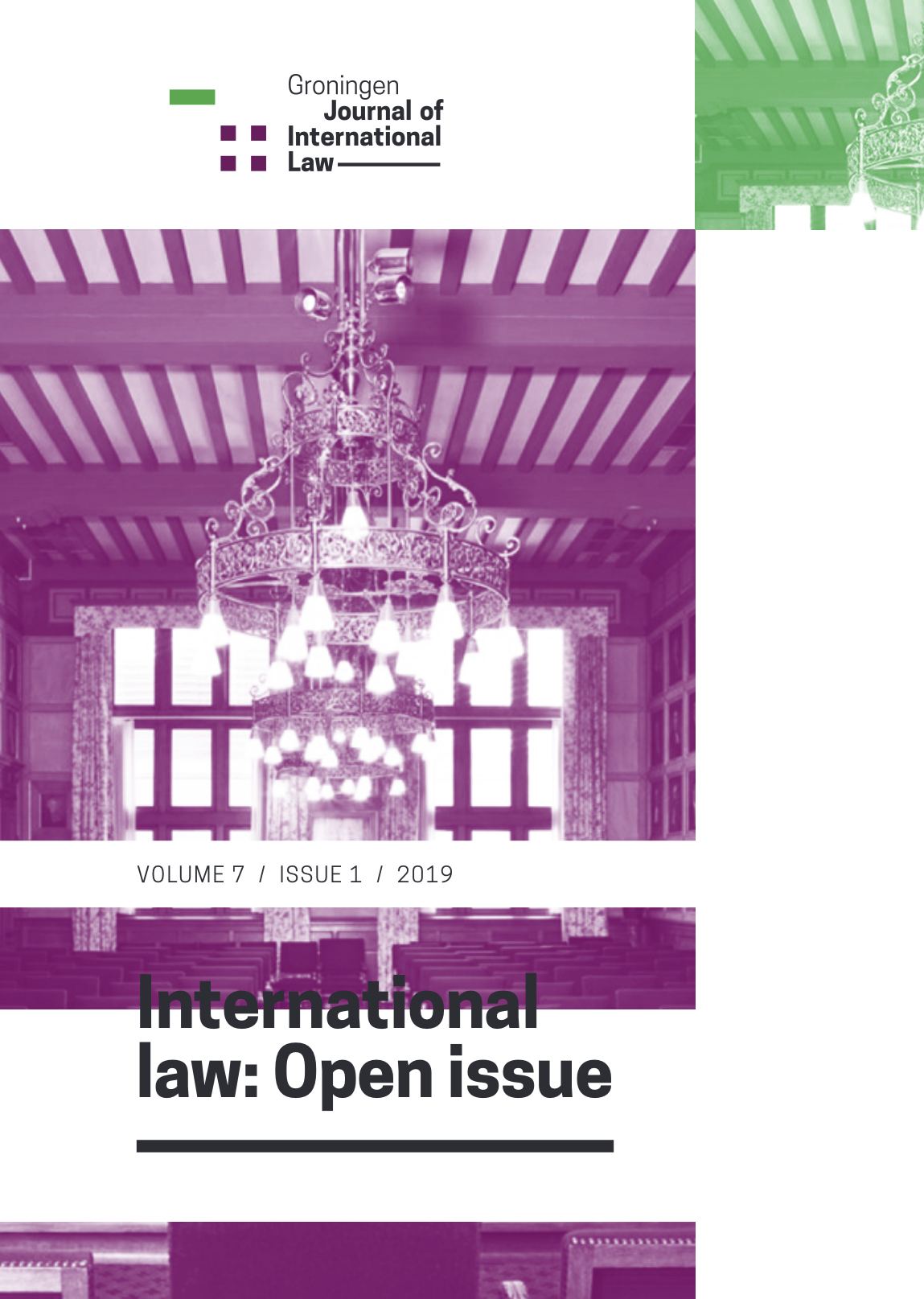Extraordinary Renditions and State Secrets: A Human Rights Approach
DOI:
https://doi.org/10.21827/5d5141b011de5Abstract
One of the world’s main concerns over the past decades has been the phenomenon of terrorism. It is evident that terrorism must be eradicated, especially considering the huge threat it poses to the basic values of democratic societies. However, it must be kept in mind that arbitrary governments also represent a huge threat to these same values and, therefore, safeguards must exist to guarantee that state authorities act within the framework of law. Unfortunately, some governments misuse the ‘state secrets privilege’ argument, created to protect their right to confidentiality in national security affairs, to prevent their gross violations of human rights from being assessed by the judiciary, violating victims’ rights and promoting impunity. This is particularly true in cases involving so-called ‘extraordinary renditions’ used to fight terrorism. This article defends the premise that as much as the existence of secrecy is essential for the protection of every nation, no secrecy can serve as an excuse for governments to violate human rights and disregard the rule of law. In order to ensure that state secrets privilege is not used as a way to promote impunity for serious human rights violations, it is very important that mechanisms are implemented in order to have the claim of secrecy in national security related issues closely scrutinised by an impartial judicial organ. It is in the interest of democracy and justice that a fair balance is struck between the interests of national security and the protection of human rights.
Published
Issue
Section
Open Access Creative Commons


